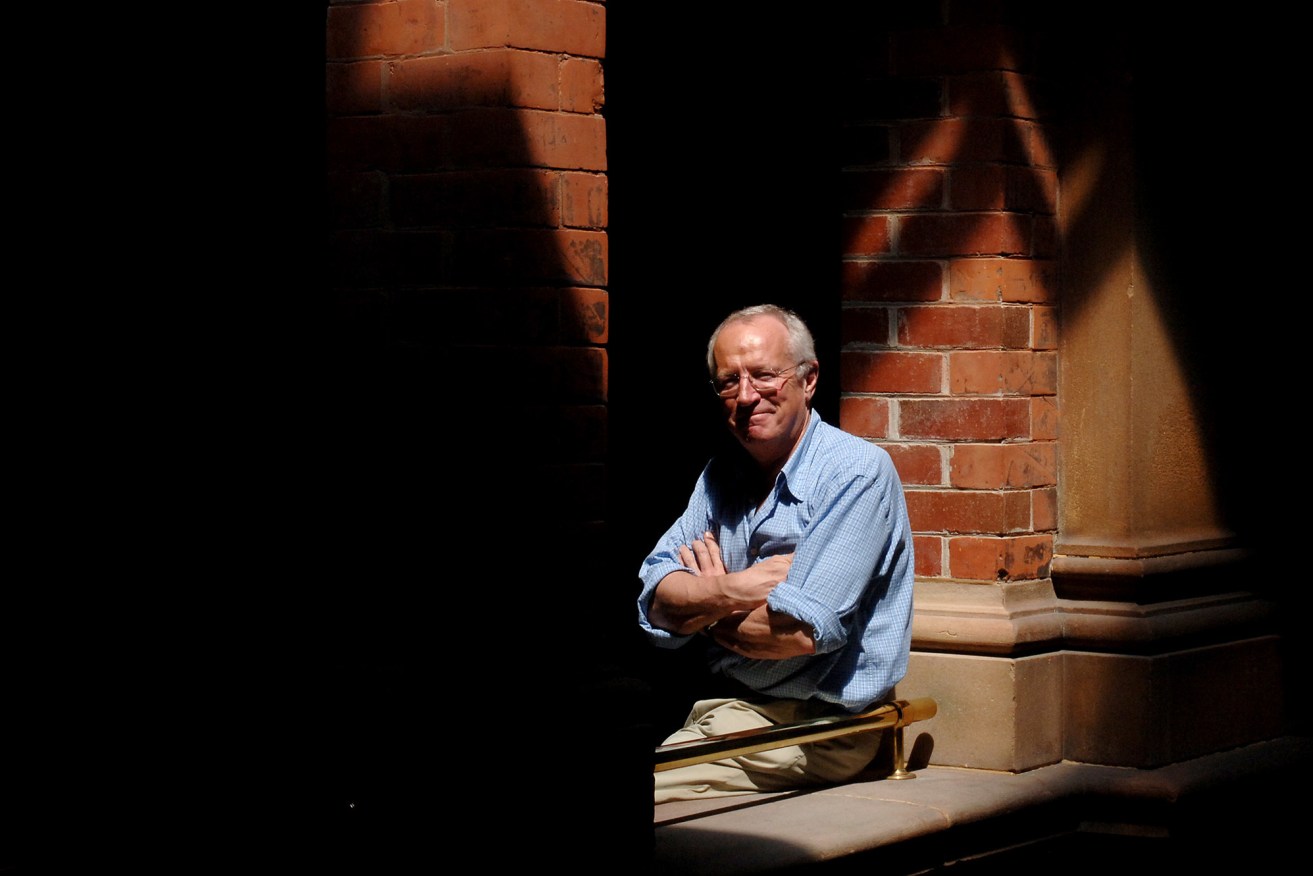UK foreign correspondent Robert Fisk dies
Veteran British journalist Robert Fisk, one of the best-known Middle East correspondents who spent his career reporting from the troubled region and won accolades for challenging mainstream narratives has died after a short illness. He was 74.

Photo: AAP/Mick Tsikas
Fisk, whose reporting often sparked controversy, died on Sunday at a hospital in Dublin, shortly after he was taken there after falling ill at his home in the Irish capital.
The London Independent, where he had worked since 1989, described him as the most celebrated journalist of his era.
“Fearless, uncompromising, determined and utterly committed to uncovering the truth and reality at all costs, Robert Fisk was the greatest journalist of his generation,” managing director of the newspaper Christian Broughton said.
“The fire he lit at The Independent will burn on,” he said.
Born in Kent, in the United Kingdom, Fisk began his career on Fleet Street at the Sunday Express.
He went on to work for The Times, where he was based in Northern Ireland, Portugal and the Middle East.
He moved to Beirut in 1976, a year after the country’s civil war broke out, and continued to work and live from an apartment located on the Lebanese capital’s famed Mediterranean corniche until his death.
From his base in Beirut, Fisk travelled across the Middle East and beyond, covering almost every big story in the region, including the Lebanon war, Iran’s revolution, the Iran-Iraq war, the Arab-Israeli conflict, the war in Algeria, the conflict in Afghanistan, Saddam Hussein’s invasion of Kuwait, the US invasion and occupation of Iraq, the Arab Spring and Syria’s conflict.
His reporting earned him awards but also invited controversy, particularly his coverage of the war in Syria.
A fearless, bespectacled and cheerful personality bristling with energy, Fisk was often the first reporter to arrive at the scene of a story.
He shunned email, smart phones and social media till the end, and strongly believed in the power of street reporting.
In 1982, he was one of the first journalists at the Sabra and Shatila camp in Beirut, where Christian militiamen slaughtered hundreds of Palestinian refugees.
Earlier that year, he was also the first foreign journalist to report on the scale of the Hama massacre in 1982, when then-Syrian President Hafez Assad launched a withering assault on the rebellious city in central Syria, levelling entire neighbourhoods and killing thousands in one of the most notorious massacres in the modern Middle East.
Fisk was in love with Beirut, the city he called home, sticking with it during the most difficult days of the 1975-90 civil war when foreign journalists fell victim to kidnappers.
Back then, he used the offices of the Associated Press to file his stories during the war, where colleagues called him “the Fisk” or “Fisky”.
Fisk gained particular fame and popularity in the region for his opposition to the Iraq war, challenging the official US government narrative of weapons of mass destruction as it laid the groundwork for the 2003 invasion.
He was one of the few journalists who interviewed Osama bin Laden several times.
After the September 11, 2011 attacks and the subsequent US invasion of Iraq, he travelled to the Pakistan-Afghan border, where he was attacked by a group of Afghan refugees.
He later wrote about the incident from the refugees’ perspective, describing his beating by refugees as a “symbol of the hatred and fury of this filthy war”.
Fisk is survived by his wife Nelofer Pazira, a filmmaker and human rights activist.
-AAP




